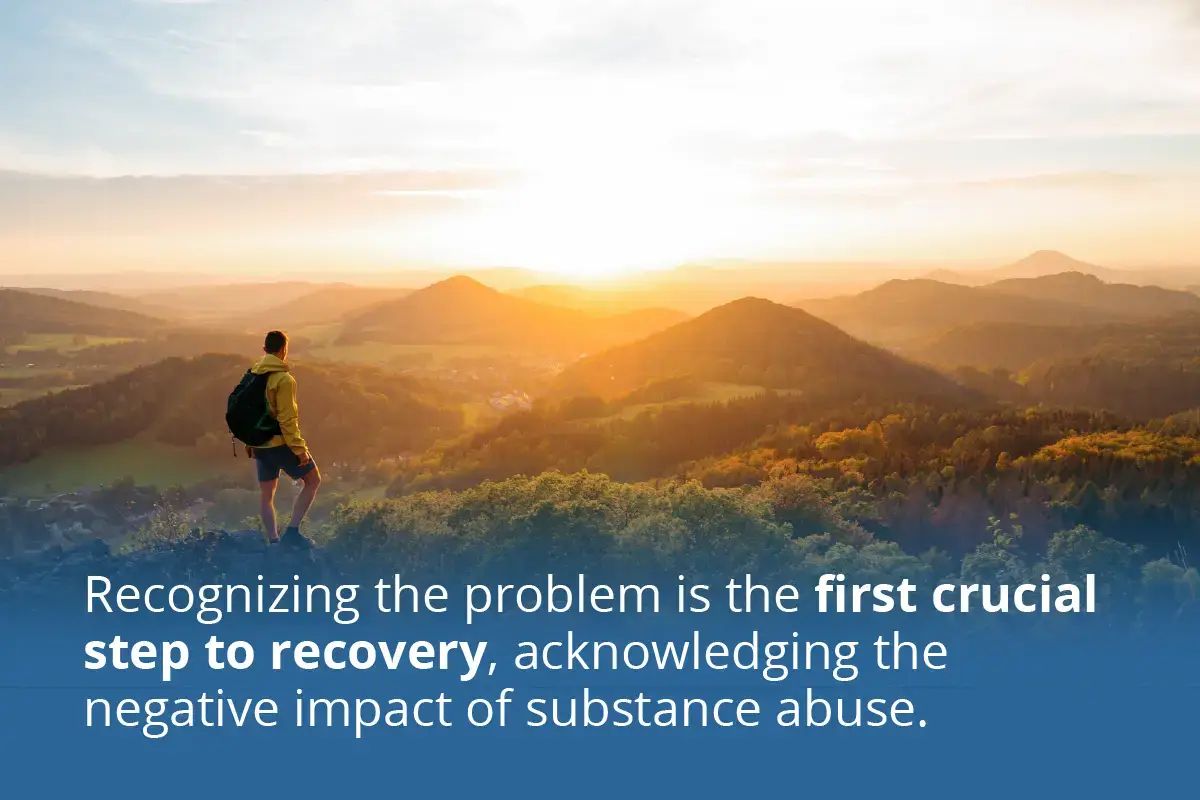
Sobriety stands as the cornerstone of successful recovery from addiction. It represents the vital first step towards a healthier, happier life, free from the devastating effects of substance abuse.
Achieving and maintaining sobriety enables individuals to regain control over their lives, rebuild relationships, and embark on a journey of self-improvement. This commitment to abstinence is essential, as it safeguards against addiction’s physical, mental, and emotional harms.
Sobriety paves the way for personal growth, emotional healing, and well-being. It’s not just a goal but a foundation upon which individuals can construct a brighter future in the United States and beyond.
Sobriety and recovery have a close relationship, but they are not interchangeable terms. Here is what you need to know:
Pivotal choices mark the journey to recovery from addiction, none more significant than the decision between complete sobriety and moderation. It’s a path fraught with introspection and self-discovery as individuals grapple with what’s best for their unique circumstances.
Complete sobriety, the gold recovery standard, involves total abstinence from the addictive substance. It provides a clear, well-defined goal that eliminates the risks associated with substance use.
On the other hand, moderation seeks to strike a balance by allowing controlled, limited substance use. This approach recognizes that abstinence may not be attainable or sustainable for everyone.
The journey of sobriety and recovery is akin to a river expedition through three distinct stages. Each stage serves as a vital component in the voyage toward lasting recovery.
Navigating the journey to recovery can bring up many questions. Below are some of the most commonly asked questions about our services. If you need more information or have additional questions, we are only a phone call away.
Is sobriety the same as recovery?
Sobriety and recovery are related but not the same. Sobriety typically refers to abstaining from alcohol or drugs, addressing the physical aspect of addiction. On the other hand, recovery encompasses long-term sobriety and addresses the broader aspects of addiction, including behavioral, emotional, and psychological factors.
While sobriety is vital, recovery involves self-awareness, self-esteem, support networks, 12-step programs, cognitive behavioral therapy, and other methods. Sobriety is part of the recovery process, but the overall approach and goals are different, focusing on physical and emotional well-being.
What is the true meaning of sobriety?
The true meaning of sobriety extends beyond abstinence from drugs or alcohol. It involves self-awareness, self-esteem, and behavioral therapy to manage the psychological and emotional aspects of addiction.
Sobriety is not merely staying clean daily but a lifelong commitment to long-term recovery. It means rebuilding relationships with family members and creating a substantial support network through programs like Alcoholics Anonymous or 12-step groups.
Sobriety also signifies a transformation in how one thinks, behaves, and navigates life, achieving emotional sobriety in different ways, ultimately making a significant difference in the journey of addiction recovery.






How Long Alcohol Stays in Your System If you’re wondering how long alcohol stays in


Alcohol Poisoning: Stay Informed, Stay Safe Other Categories Mental Health Treatment Alcohol Use Recovery In

Massachusetts offers many enjoyable, alcohol-free activities for you to partake in. From the serene beauty

Are you looking to cut back on excessive drinking and take control of your health?

Proper nutrition is crucial when detoxing from alcohol and drugs. During detoxification, the body eliminates






Wellbutrin is an atypical antidepressant drug that can be extremely beneficial for individuals battling seasonal





If you’re even a ‘casual’ drinker, there’s a good chance you’ve experienced some alcohol withdrawal
Let’s talk about what’s going on — no judgment. (We’ve been there before ourselves). No one will know you inquired and there is no commitment to call.
Need someone to talk to? We’re here when you need it most.
There’s no obligation to get your questions answered.
No one will ever know you inquired.
3161 S Prosperous Pl. Green Valley, AZ 85614
5201 Stagecoach Rd, Little Rock, AR 72204
The Haven Detox - West Memphis
410 South Avalon St. West Memphis, AR 72301
The Haven Detox - Florida Alcohol & Drug Rehab
1325 N Haverhill Rd West Palm Beach, FL 33417
1369 Grafton St Worcester, MA 01604
6 Collier Dr Blackwood, NJ 08012
Copyright © 2025 The Haven Detox. All rights reserved.
Privacy Policy · Blog